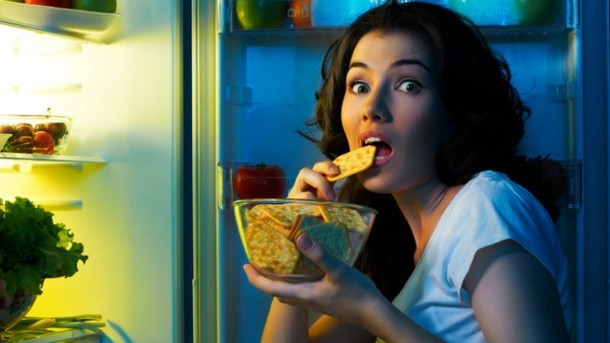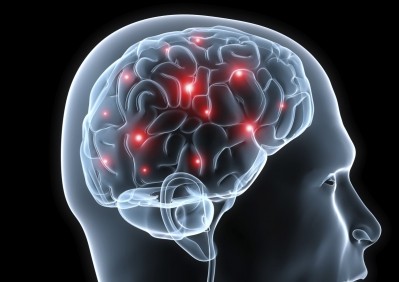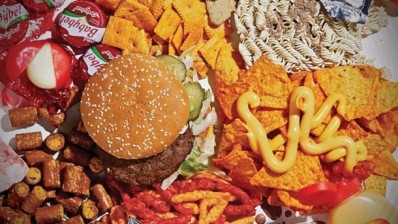Junk food cravings linked to lapses in brain function, suggests study

The study, published in Psychosomatic Medicine: Journal of Biobehavioral Medicine, is the first to conclusively link reduced operation of the dorsolateral prefrontal cortex with self-restraint in the dietary context, said researchers from the University of Waterloo.
"It has long been thought that the dorsolateral prefrontal cortex helps to keep automatic, or knee-jerk, reactions in check," said Professor Peter Hall, senior author on the study. "We discovered that when you temporarily dampen the operation of this particular part of the brain, strongly engrained—and quite universal—preferences for high calorie foods start to hijack people's thought patterns and even their eating patterns."
While prior studies have shown that boosting activity in the prefrontal cortex reduces cravings for unhealthy foods, this is the first study to show that reducing activity leads to more cravings and food consumption, noted the team.
"The research suggests that the best solution to effective self-restraint lies in maximizing brain health,” said Hall. “Interventions aimed at enhancing or preserving dorsolateral cortex function in healthy populations may reduce the likelihood of obesity and other chronic conditions."
He added that while improving the environment to reduce or avoid temptations is still crucial to avoiding or reducing snacking, beyond this “the key is to keep your brain in shape, so that you are up to the task when you encounter temptations.”
“Let's face it, they are everywhere," said Hall.
Study data
The Waterloo-based team used continuous theta burst stimulation, a form of transcranial magnetic stimulation, to temporarily reduce activity in participants' left dorsolateral cortex.
After receiving theta burst stimulation, participants not only reported greater food cravings for calorie-dense food, but ate more junk food during a taste test than when they received a bogus stimulation, reported the team.
They added that the findings shed light on the role of the dorsolateral prefrontal cortex (DLPFC) in food cravings (specifically reward anticipation), the consumption of appealing high-caloric foods, and the relationship between self-control and food consumption
"This is the first study to demonstrate that taking the prefrontal cortex temporarily offline results in increased snacking," commented first author Cassandra Lowe.
The authors concluded that their findings provide a theoretical framework to help shape effective public health interventions, with a focus on preservation of brain health.
“Individuals with weak executive functions may lack the dietary self-control necessary to regulate snack food consumption in the modern obesogenic environment (i.e., one that is saturated with highly salient facilitating cues to consume energy-dense foods), which, in turn, increases the likelihood of such individuals to become overweight or obese,” they wrote.
“Interventions aimed at enhancing or preserving DLPFC function in healthy populations may reduce the likelihood of adiposity and other chronic conditions.”
Source: Psychosomatic Medicine: Journal of Biobehavioral Medicine
Published online ahead of print, doi: 10.1097/PSY.0000000000000090
“The Effects of Continuous Theta Burst Stimulation to the Left Dorsolateral Prefrontal Cortex on Executive Function, Food Cravings, and Snack Food Consumption”
Authors: Lowe, Cassandra J; Hall, Peter A. ; Staines, William R.


















